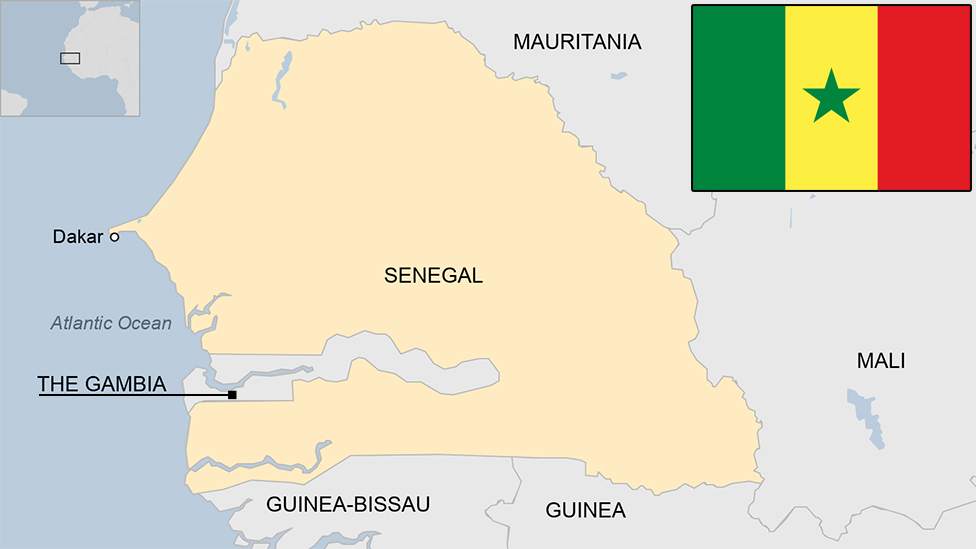Mauritania country profile
- Published
This page is no longer being updated. It was last updated on 9 July 2024

One of Africa's newest oil producers, the Islamic Republic of Mauritania bridges the Arab Maghreb and western sub-Saharan Africa.
The largely-desert country presents a cultural contrast, with an Arab-Berber population to the north and black Africans to the south. Many of its people are nomads.
In the Middle Ages Mauritania was the cradle of the Almoravid movement, which spread Islam throughout the region and for a while controlled the Islamic part of Spain.
European traders began to show interest in Mauritania in the 15th Century. France gained control of the coastal region in 1817, and in 1904 a formal French protectorate was extended over the territory.
Mauritania is rich in mineral resources, especially iron and ore, but it is also one of the poorest countries in the world and more than half of the population lives in poverty.
It is seen by the West as a valuable ally in the fight against Islamist militancy in the Sahel region.
Read more country profiles, external - Profiles by BBC Monitoring, external
ISLAMIC REPUBLIC OF MAURITANIA: FACTS
Capital: Nouakchott
Area: 1,030,000 sq km
Population: 4.6 million
Languages: Arabic, plus French, Wolof, Pulaar, Soninke, Zenaga
Life expectancy: 62 years (men) 66 years (women)
LEADER
President: Mohamed Ould Ghazouani
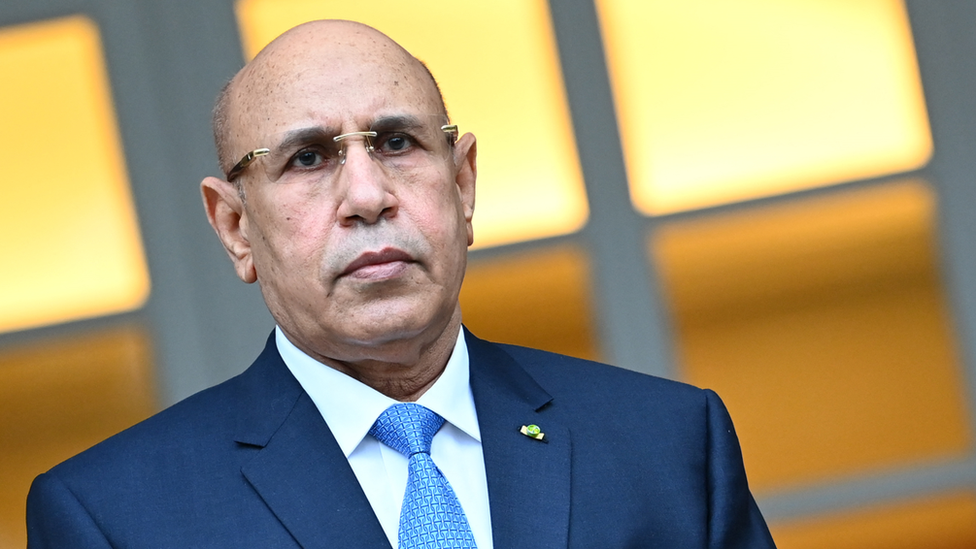
Former defence minister Mohamed Ould Ghazouani was re-elected as head of state in the June 2024 elections, winning comfortably in the first round without the need for a run-off.
He took over 56% of the vote, beating six opposition candidates.
In second position was anti-slavery activist Biram Dah Abeid with 22%, while Hamadi Sidi el-Mokhtar of the Islamist Tewassoul party came third with 13%.
President Ghazouani, has been credited with establishing stability since his first election in 2019, after decades of political unrest and frequent coups.
He has been allies with Western partners such as France and the US, but has also kept ties with junta-led neighbours including Mali, Burkina Faso and Niger, which have pivoted towards Russia in recent years.
Mauritania has largely avoided the Islamist insurgencies affecting neighbouring Sahel state.
Slavery is still a scourge in the country despite being outlawed, and anti-slavery activists have faced torture and detention.
Thousands of black Mauritanians are enslaved. About 3% of the country's total population are living as slaves, according to the Global Slavery Index (GSI) in 2023.
The president's nearest challenger, Biram Dah Abeid, spent much of his life campaigning against slavery and his own grandparents were slaves.
Following the June 2024 vote, he alleged there had been vote rigging in and called it an"electoral coup".
The turnout for the election was about 55%, according to the electoral website.
MEDIA
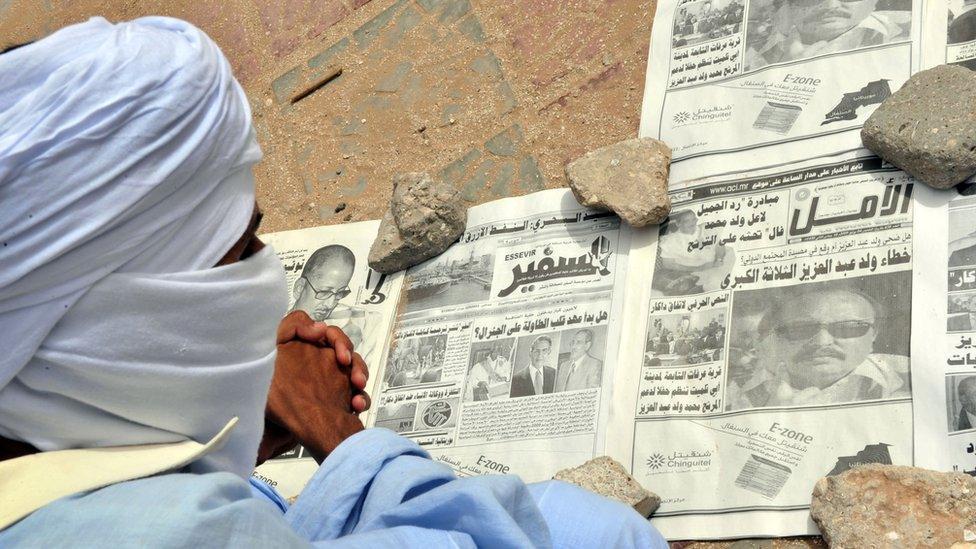
Mauritania has one of the most open media environments of the Maghreb region.
TIMELINE
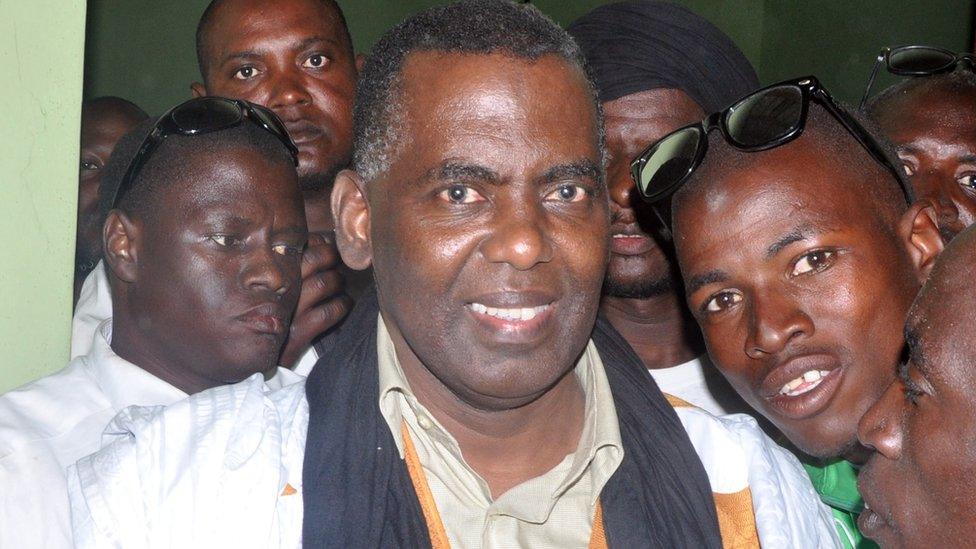
Slavery is still practised in Mauritania and abolitionist Biram Ould Dah Ould Abeid has frequently run into trouble with the authorities over his campaigns
Some key dates in Mauritania's history:
3rd-7th centuries AD - Berber and Arab migrants arrive in present-day Mauritania.
9th-10th Centuries - Empire of Ghana has its capital in present-day south-west Mauritania.
1076 - Berber Almoravid warriors defeat the Empire of Ghana.
1500s - European mariners and traders establish settlements.
1644-1674 - Char Bouba War. Attempt by local peoples to resist the Beni Ḥassān Bedouin tribes of Yemeni origin who are extending their authority over most of Mauritania and parts of Morocco.
1850s-60s - French forces gain control of southern Mauritania.
1898 - France wins the allegiance of Moors in the region.
1904 - Mauritania becomes part of French West Africa, first as a protectorate and later as a colony.
1912 - French forces defeat the northern emirate of Adrar, and incorporate it into the territory of Mauritania.
1960 - Mauritania becomes independent from France.
1964 - President Moktar Ould Daddah, originally installed by the French, makes Mauritania a one-party state and sets up an authoritarian regime.
1970s - Long-lasting Sahel droughts cause massive devastation and exacerbate problems of poverty and conflict.
1976 - Mauritania, along with Morocco, annexes part of the territory of Western Sahara.
1978 - President Daddah is deposed in a bloodless military coup after significant losses to the Polisario armed independence movement in Western Sahara. The military rule Mauritania for more than 20 years.
1979 - Mauritania gives up its claims to Western Sahara.
1981 - Mauritania becomes the last country in the world to outlaw slavery.
1989-91 - Mauritania-Senegal Border War. Hundreds are killed and some 250,000 people become refugees as both countries fight over natural resources and their River Senegal border.
2007 - First fully democratic presidential elections since independence take place.
2014 - France establishes a long-term military operation to prevent jihadist groups from setting up safe havens in the Sahel, including Mauritania.
2017 - The national flag is changed, with two red stripes added as a symbol of the country's sacrifice and defence.
2019 - Mohamed Ould Ghazouani wins the presidential election, seen as the country's first peaceful transition of power since independence.
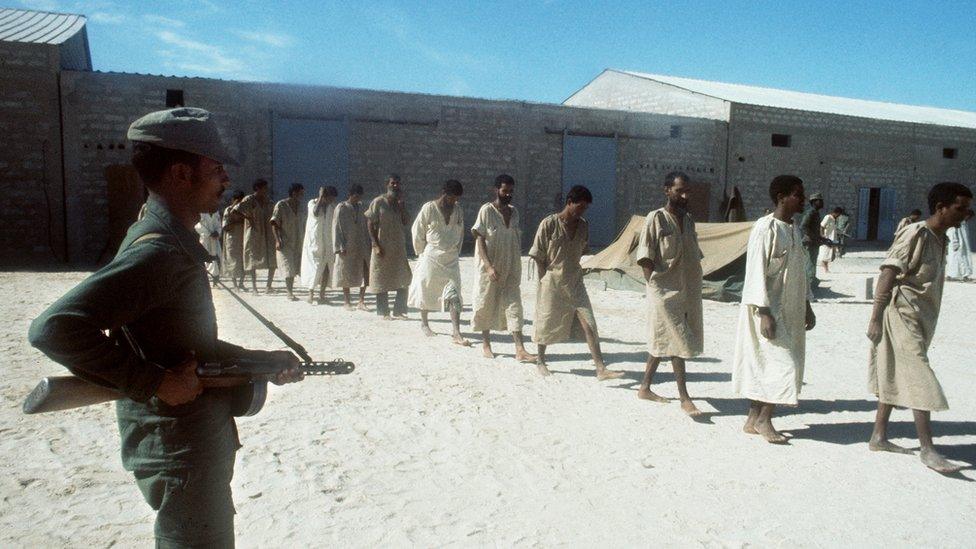
A Mauritanian soldier guards Polisario rebels. Mauritania gave up its claim to Western Sahara in 1979
Related topics
- Published28 October 2024
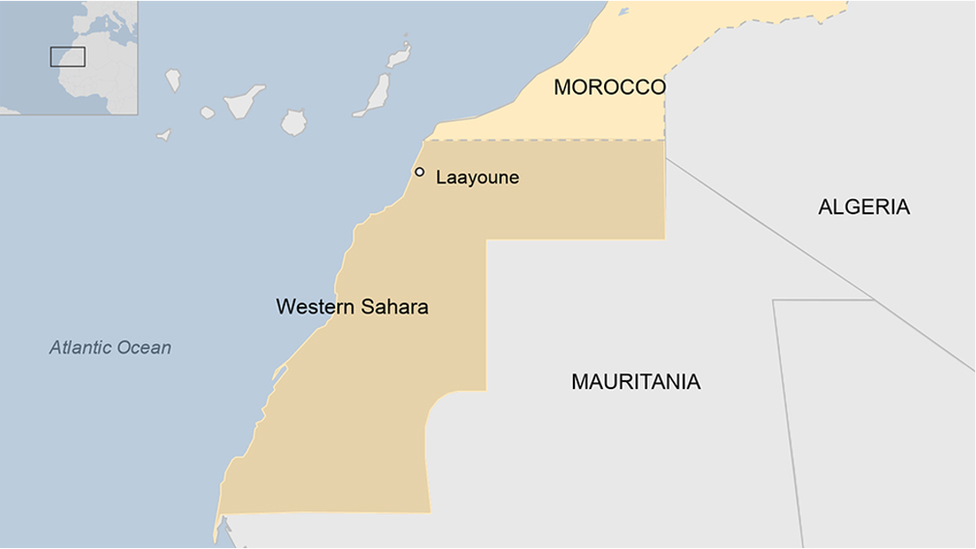
- Published28 October 2024
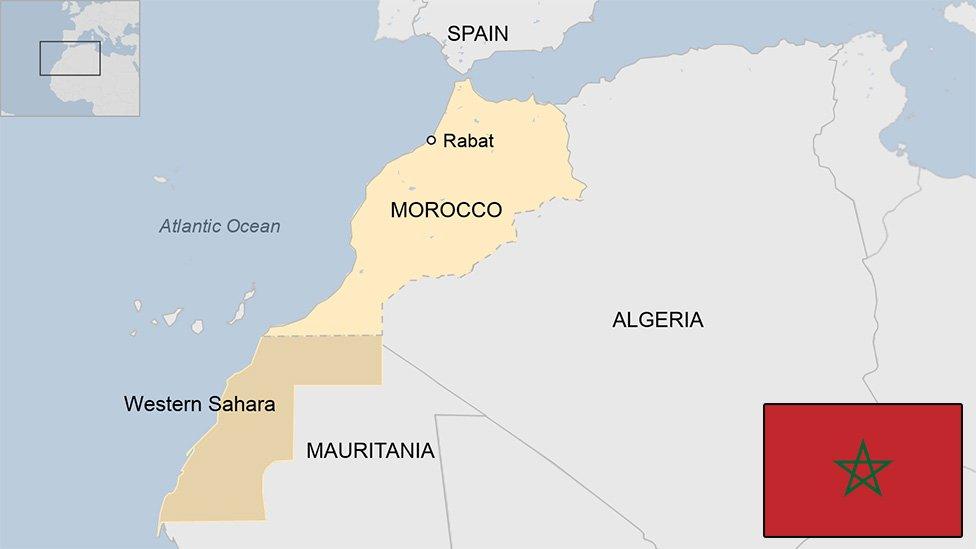
- Published9 September 2024
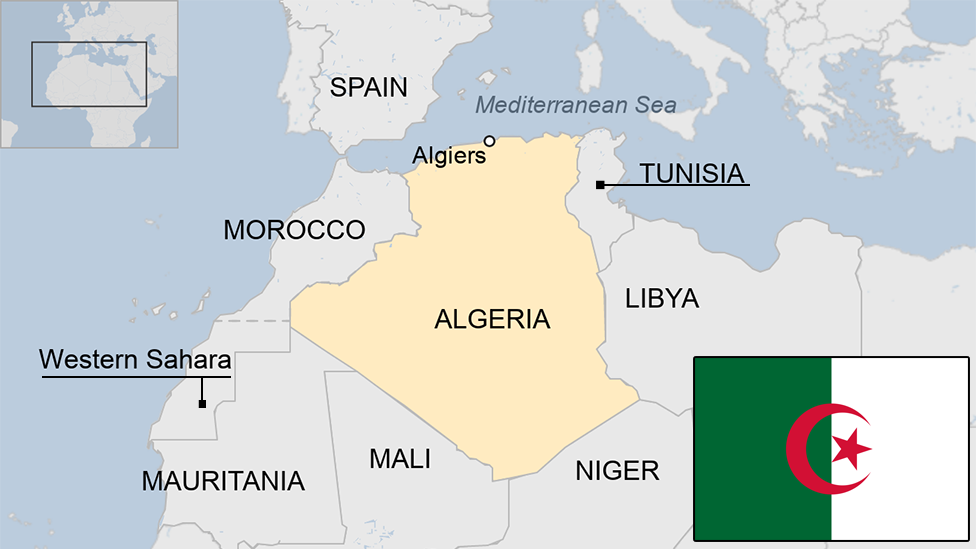
- Published28 July 2023
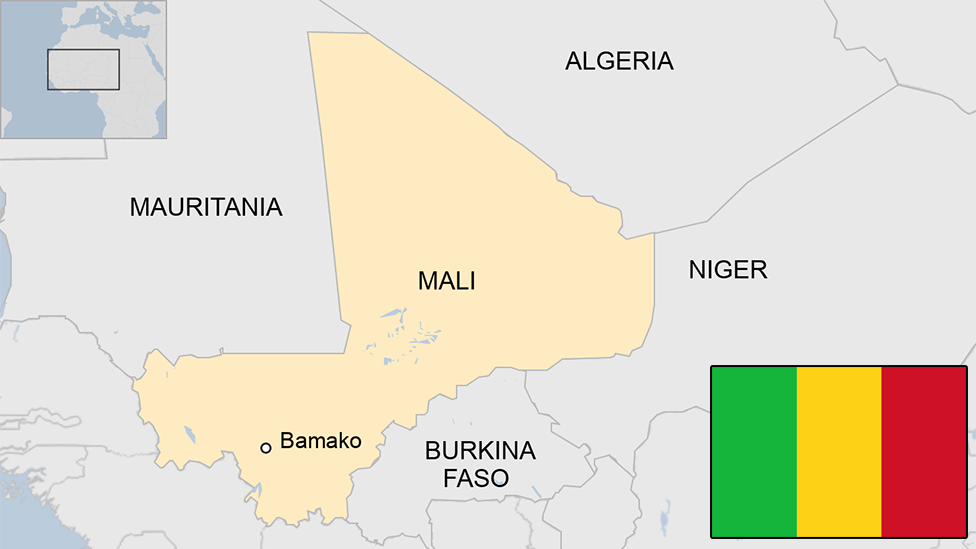
- Published9 July 2024
